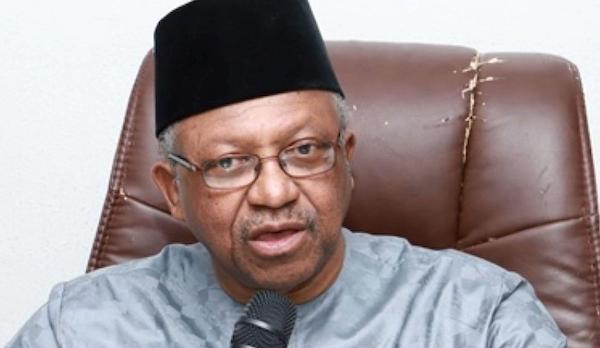News
Nigeria among nations with worst indices in child, maternal health care —Minister

Dr. Osagie Ehanire, the minister of health, has acknowledged that Nigeria has some of the lowest health indicators for maternal and child care.
The minister stated this on Saturday at the South-South Zone Traditional Leaders’ Committee (SSTLC) on Primary Health Care Delivery’s inaugural meeting in Benin, Edo State.
Ehanire claimed that despite significant investment in health, this primarily occurs in rural regions with no access to healthcare but lots of ignorance.
He said that in order to make a difference and save lives and prevent illnesses, actions must be taken to gain the public’s confidence and acceptance of government health interventions.
Ehanire noted that primary health care system was the bedrock of any functional health care delivery system, being the citizens’ first point of contact with the nation’s health care system.
He said: “Nigeria is among nations with worst health indices in child and maternal care and this happens mostly in rural areas with no health care, but plenty of ignorance, despite considerable expenditure on health.”
Read Also: Ehanire clarifies $200m loan request to tackle malaria scourge
He did acknowledged, though, that in recent years, Nigeria had made considerable strides in the area of health.
The Minister said: “Despite this, Nigeria has made significant progress in recent years in improving primary health care services, especially with revitalisation of more primary health care centres, with the policy of the Buhari administration, that aims to leave no one behind.
“However, we still have a lot of work to do, especially in rural and hard-to-reach areas, where access to health care services remains a major challenge.
“Experience teaches us that government cannot do it alone. This is why in all our primary health interventions, community engagement remains our strategic approach. In this regard, we know that our respected traditional leaders are key to success, because, not carrying the gatekeepers and custodians of our culture and values along, yields no result.”
A 2022 United Nations Children’s Fund (UNICEF) report titled “Situation of Women and Children in Nigeria” states that the country records 576 maternal mortality per 100,000 live births, while approximately 262,000 babies die at birth every year.
Also, infant mortality currently stands at 69 per 1,000 live births, while under-five deaths is 128 per 1,000 live births with more than 64 per cent of the deaths caused by pneumonia, malaria and diarrhoea.
Join the conversation
Support Ripples Nigeria, hold up solutions journalism
Balanced, fearless journalism driven by data comes at huge financial costs.
As a media platform, we hold leadership accountable and will not trade the right to press freedom and free speech for a piece of cake.
If you like what we do, and are ready to uphold solutions journalism, kindly donate to the Ripples Nigeria cause.
Your support would help to ensure that citizens and institutions continue to have free access to credible and reliable information for societal development.




















